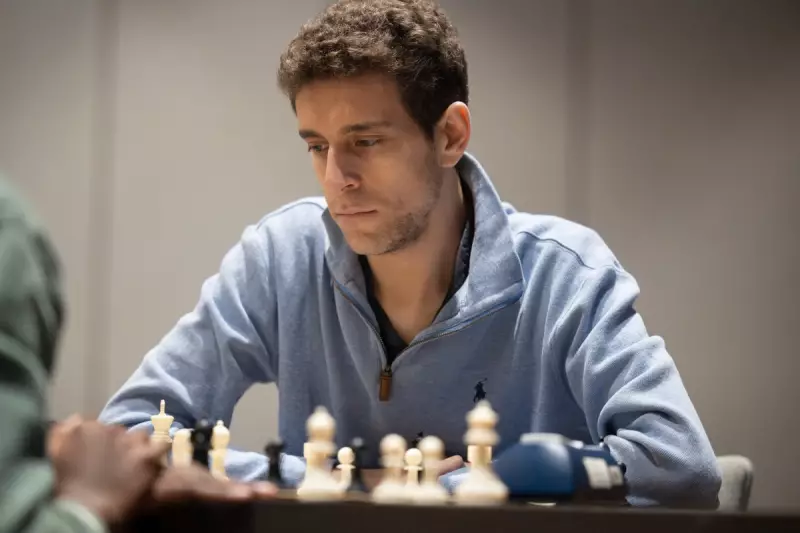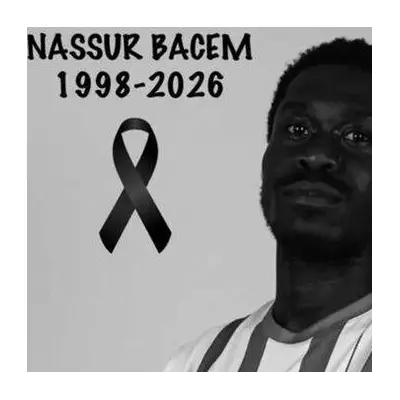
In a shocking revelation that has rocked the international chess community, American grandmaster and popular streamer Daniel Naroditsky has come forward about receiving death threats following public criticism from former World Chess Champion Vladimir Kramnik.
The Controversy That Sparked the Firestorm
The disturbing situation unfolded after Kramnik, who held the world championship title from 2000 to 2007, publicly questioned Naroditsky's integrity in online chess. The Russian legend suggested that the American grandmaster's remarkable winning streak on Chess.com might indicate unfair play, despite the platform's thorough anti-cheating measures consistently clearing Naroditsky of any wrongdoing.
From Criticism to Terror
What began as professional disagreement quickly escalated into something far more sinister. Naroditsky disclosed that Kramnik's public scepticism opened floodgates of online harassment, culminating in direct death threats that left the 28-year-old grandmaster fearing for his safety.
"The situation has become genuinely terrifying," Naroditsky confessed during an emotional stream, describing how the professional dispute transformed into personal danger.
Chess.com Stands Firm
The popular gaming platform has repeatedly defended Naroditsky, emphasizing their sophisticated anti-cheating detection systems. Chess.com officials confirmed they found no evidence supporting Kramnik's allegations, standing firmly behind the American grandmaster's clean competitive record.
A Dark Pattern Emerges
This incident marks the latest in a series of controversies surrounding Kramnik, who has increasingly used his platform to question numerous top players' integrity. The chess community watches with growing concern as these public accusations continue to generate real-world consequences for their targets.
The Human Cost of Online Allegations
Naroditsky's case highlights the dangerous intersection of elite sports, social media, and online harassment. As chess enjoys unprecedented popularity through streaming platforms, the dark side of this digital exposure becomes increasingly apparent, raising urgent questions about player protection and responsible commentary in the digital age.
The international chess world now faces difficult conversations about accountability, sportsmanship, and the very real human impact of public allegations in an increasingly connected competitive landscape.





